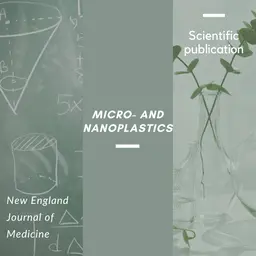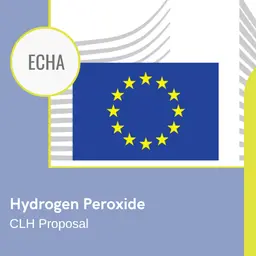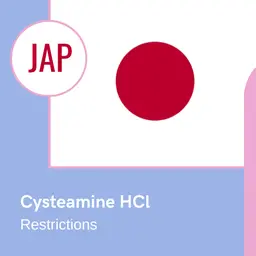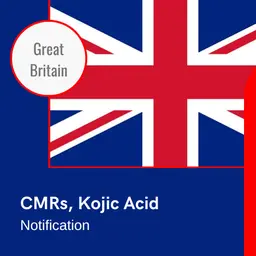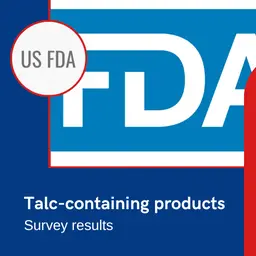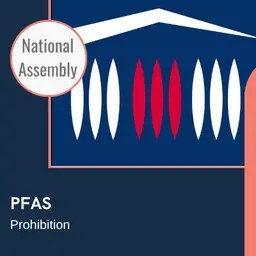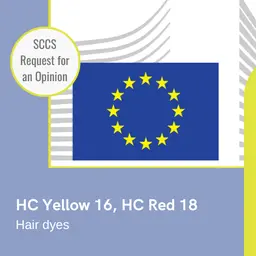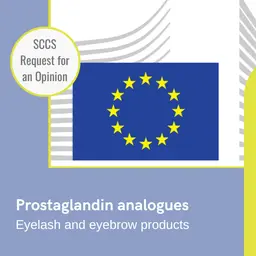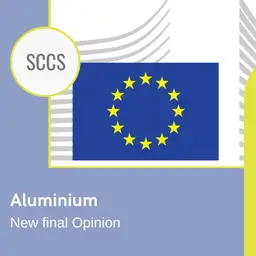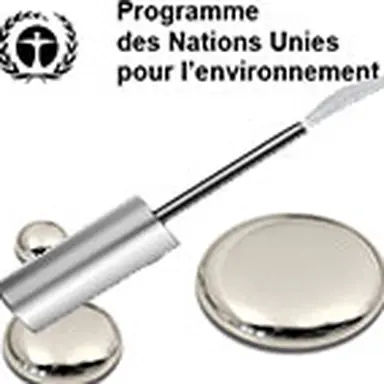
It can be present in a large number of products: fluorescent lamps, batteries, pesticides, barometers, thermometers… and certain cosmetics. Mercury is being banned by the Minamata Convention by 2020. Which won't change much in cosmetics. Explanations.
It was negotiated by 140 member countries of the United Nations and signed by the European Commission and France on 10 October: the Minamata Convention, named after a Japanese city affected by significant mercury pollution in the middle of the 20th century, aims to restrict the use and emissions of this highly toxic metallic element.
Covering the entire life cycle of mercury, this convention provides that a whole list of consumer products containing mercury will be banned by 2020. Among them:"the cosmetics (with a mercury content greater than 1 ppm), including soaps and skin whitening creams, but excluding cosmetics for the ocular area in which mercury is used as a preservative ".
Other products that will not be affected by this ban: those considered to be"banned". essential for civil protection and military applications " : - products used for research, for instrument calibration, as a reference standard, - where no feasible mercury-free alternatives are available, switches and relays, cold cathode fluorescent lamps and external electrode fluorescent lamps for electronic displays and measuring devices, - products used in traditional or religious practices, - vaccines containing Thimerosal as a preservative.
Mercury in eye products?
The principle laid down in European Regulation 1223/2009, …




